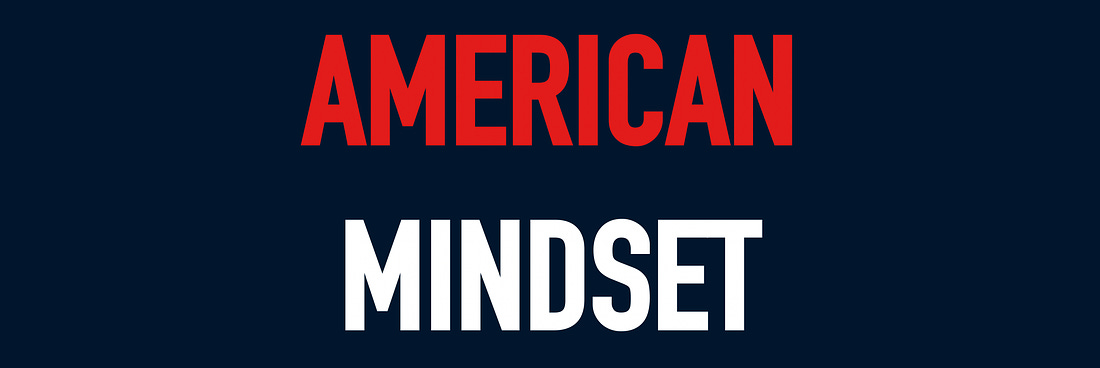 |
We are in the midst of a kind of political war or revolution. The central question is what ought to be done about it? The American Mind will be rigorously focusing on that question over the course of the coming year. But today I want to address the rhetorical problem we now face.
The nature of this conflict is purposely obscured by many of its participants and the rest of our leadership class is often too blind or frightened to describe it. The language and corresponding habits of thinking born of “normal” political time need to be jettisoned. Americans need a new unified rhetorical, thematic framework to help them clearly identify, communicate, and confront what is unfolding.
Identity politics, multiculturalism, and all they represent (racial tribalization, destruction of family, the replacement of traditional religion with the woke cult, an entirely new notion of “justice”, etc.) is the fundamental threat facing the American civic order. It seeks—and is well on its way towards accomplishing—a fundamental regime change.
At the same time, a tightening one-party oligarchy (woke capital, the crushing of dissent, rigging elections, etc.) is rapidly asserting itself and seeking to roll the rest of the nation under its grasp by means of this ideology. The oligarchy is, perhaps, still more powerful than the ideological tiger it now holds by the tail, but it succumbs a little more each day.
All of the above is unfolding as digital technology is fundamentally disrupting human behavior and institutions globally. The shift in the American cultural and political landscape since the end of World War II to the present day has been enormous, and the gap between the lived experience of boomers and younger generations now often constitutes a dangerous chasm of disparate experience and vision.
The upshot is that America’s major institutions are now thoroughly corrupt or otherwise unable (due to incompetence or blindness) to address the current crisis. This is a painful truth to accept. It's not a truth anyone wants to admit. And it's not a truth that many of those who should be sounding the alarm seem able to communicate well.
We seek to wake the wake-able and unite a new coalition dedicated to directly addressing the crisis. The question we continually ask ourselves here at The American Mind is how do we best consistently and clearly show this landscape to our audience, and explore it for them?
First, we want those who see and acknowledge reality to see it more clearly. We want to equip them to better explain it themselves and demand others acknowledge it. Second, we all must seek an answer to this question together: how do we get those who don’t see or who refuse to see reality to understand and acknowledge it?
As far as I can tell, there are four major obstacles among the persuadable: ignorance and confusion, fear, disunity and disorganization, and despair.
Of these, let's consider fear. How to counter it?
First, by example. By publishing fearlessly and speaking out ourselves, we help to encourage, validate, and unify those thinking the same thoughts. This is the secret to the success of our podcast. Constant reminders that “this is what people are really thinking” and references to half the nation are helpful. We must counter atomism at every turn. And we must all form and encourage alliances with others of like mind.
Second, we should also always be consciously thinking about how best to provide specific people and a general audience "cover" to speak and ultimately act more bravely. This means not only presenting them with “the best” intellectual argument but thinking about what the best approach is for them. Sometimes “best” will mean “easiest." People need easy ways to question the narrative without necessarily committing career suicide.
Third, by making the height of the stakes clear, we alleviate concerns that would be more valid if these were “normal” political times. Those who know we are in grave danger will not be as concerned about saving appearances.
Fourth, we need to force the issue. We need to find ways to force people to make a stand and pick a side. The amount and manner of pressure should vary depending upon the situation. But make no mistake, we need to draw lines in the sand and demand people choose. Especially when it comes to our leaders.
I welcome your own insight in the comments below.
 |
If you liked this post from American Mindset, why not share it?

